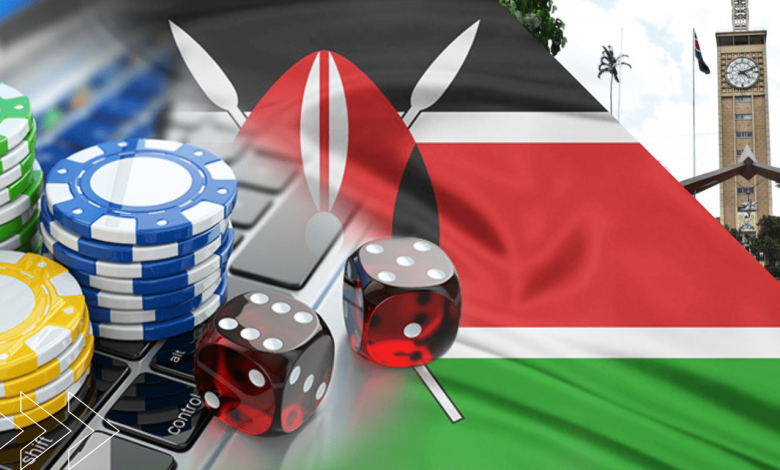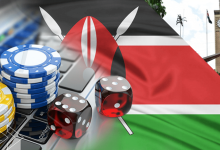Protecting the future: The impact of Kenya’s Gambling Control Bill

The Kenya Gambling Control Bill 2023, currently under discussion in parliament, seeks to overhaul the country’s gambling landscape by establishing a new regulatory body, the Gambling Regulatory Authority, to replace the Betting, Control and Licensing Board (BCLB).
The primary objective of the bill is to enhance the management of various forms of gambling, including betting, casinos, lotteries, and media-based gambling, with a focus on ensuring responsible gambling practices.
One key aspect of the bill is its commitment to protecting gamblers, particularly children and vulnerable individuals. To achieve this, it introduces stringent rules to combat illegal gambling and prevent minors from engaging in gambling activities. The bill also sets a minimum bet limit to prevent excessive gambling.
Read Also: Digitain Partners with PlaylogiQ to Deliver Enhanced Gaming Experience
Kenya’s efforts to reform its gambling laws are being closely watched by other countries, such as Brazil, which is also working to improve its regulations. Brazil has implemented a 12% tax on casino companies’ earnings and a 15% tax on large winnings by gamblers. Like Kenya, Brazil aims to ensure that gambling contributes positively to the economy while promoting responsible practices.
The bill requires that at least 30% of shares in any gambling company be owned by Kenyan citizens, and these companies must conduct their banking with a Kenyan bank. This rule aims to keep the revenue generated from gambling within Kenya, thereby benefiting the local economy.
For taxation purposes, the bill proposes a 15% tax on gambling businesses’ earnings, allowing local counties to impose additional monthly charges. This new tax structure is expected to generate a more stable income for the government and stimulate economic growth.
In essence, Kenya’s bill aims to promote responsible gambling practices while supporting the country’s economy. Its approach offers a model for other countries to design their own gambling laws that balance economic and social goals.
Source: The East African























